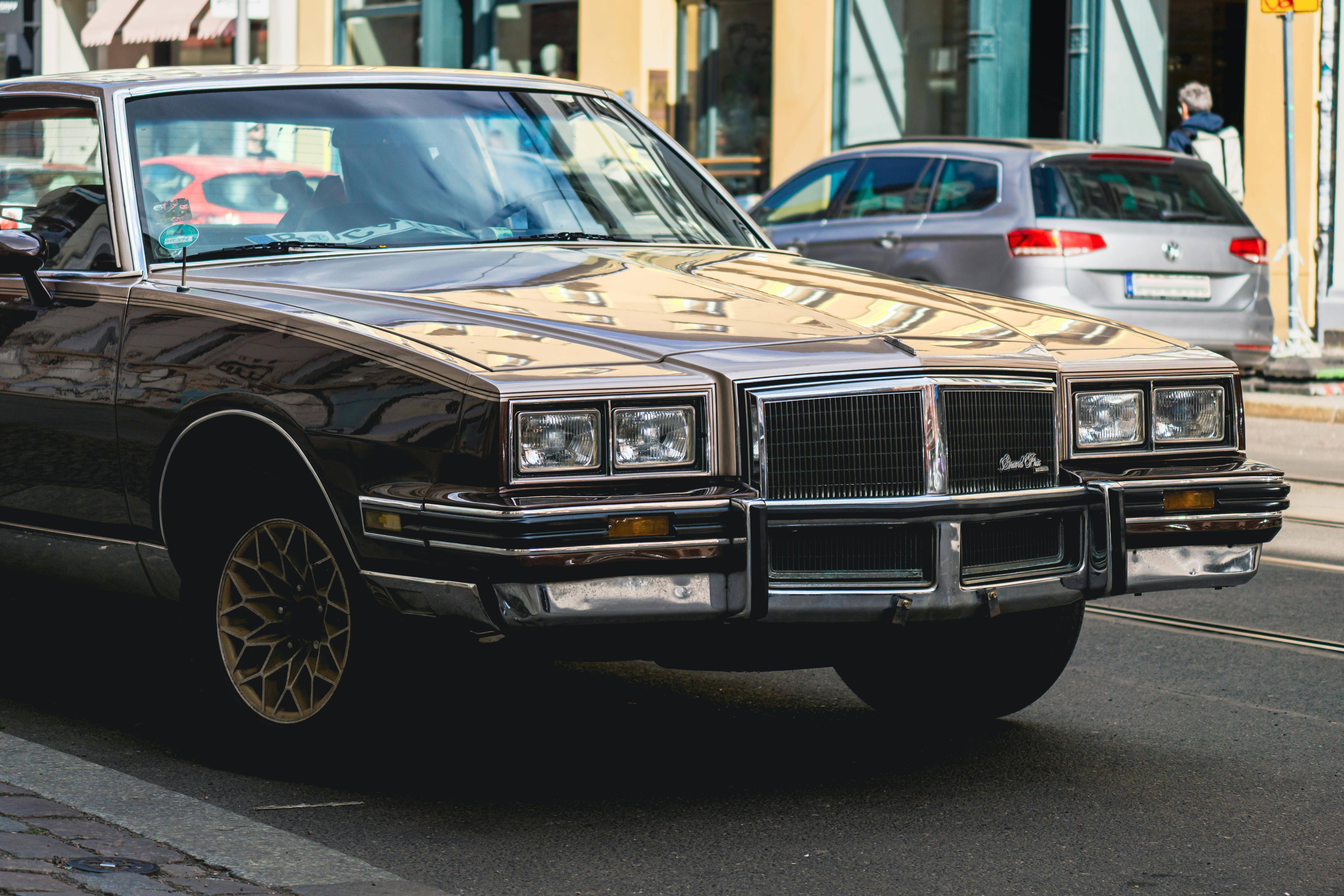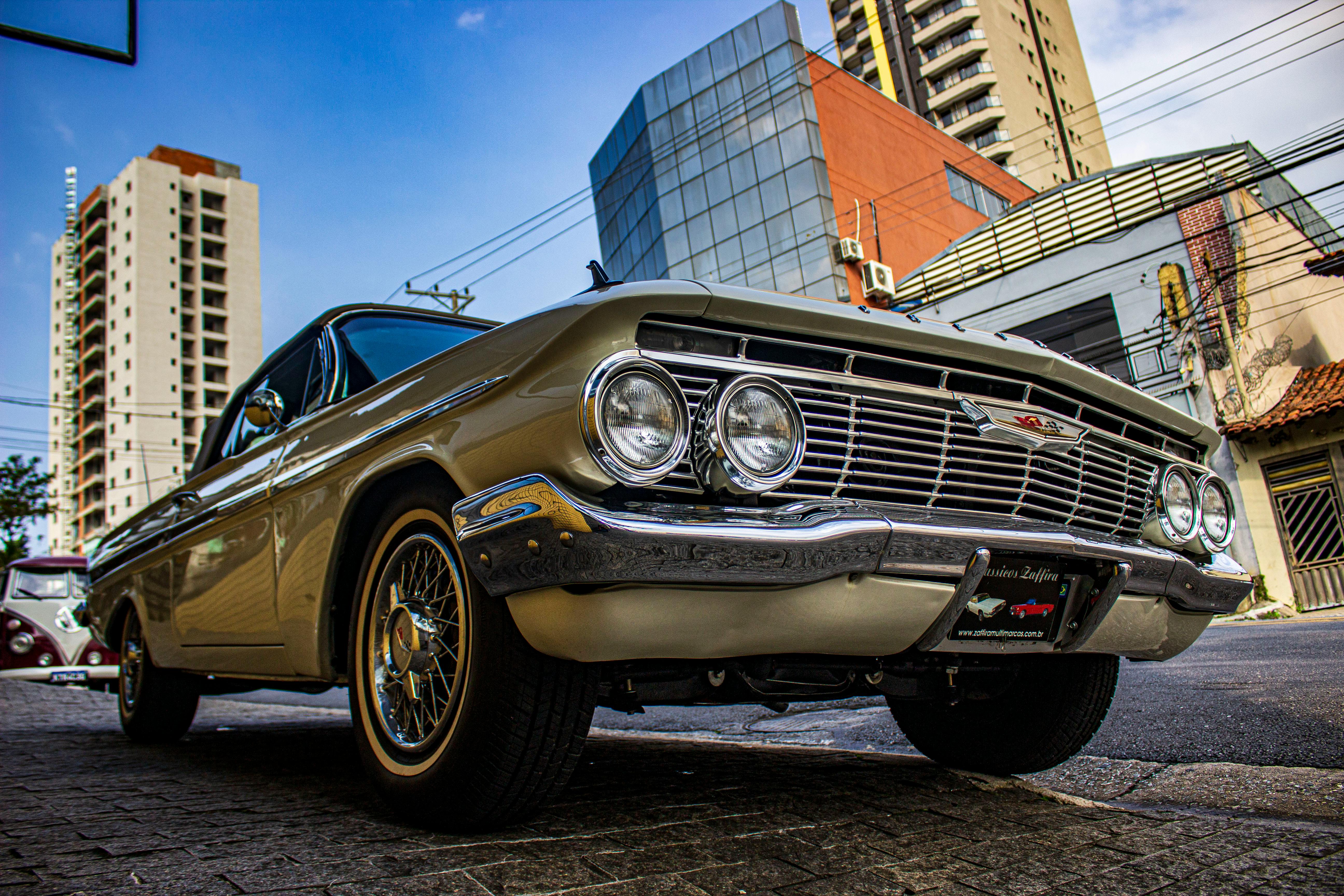French Auto Tariffs: Guide to Importing US Cars to France in 2025
Importing American vehicles to France presents unique opportunities for car enthusiasts, collectors, and expatriates seeking to bring their vehicles across the Atlantic. However, navigating the French tariff structure requires understanding the current regulatory landscape, especially amid evolving trade policies in 2025. This comprehensive guide examines French tariff rates on US cars, strategic approaches for minimizing import costs, and essential procedures for successfully bringing American vehicles into France.
Current French Import Duty Structure for US Vehicles
As a member of the European Union, France implements the EU's common external tariff policy, applying standardized rates to vehicles imported from non-EU countries, including the United States. The current import cost structure includes:
Standard Tariff Components
-
Import Duty: 10% of the vehicle's declared value
-
Value Added Tax (VAT): 20% applied to the combined total of the vehicle's value plus shipping costs and import duty
-
Registration Tax: Additional fees based on CO2 emissions and engine power
These combined costs significantly impact the final price of US vehicles in France. For example, a $45,000 American SUV could incur approximately $4,500 in import duty, followed by over $9,900 in VAT, plus additional registration taxes.
Classic American Cars: The Tax Advantage

One of the most compelling aspects of the French import system is the significant tax benefits available for classic American cars. As detailed in our guide to classic car exemptions, vehicles that qualify as classics receive preferential treatment:
Qualifying Criteria for Classic Status in France
To qualify for classic car status in France, a vehicle must meet these conditions:
-
Age Requirement: The vehicle must be over 30 years old
-
Original Condition: Must retain its main original components without significant modifications
-
Discontinued Production: The specific model must no longer be in production
Tax Benefits for Classic American Cars
Vehicles meeting these requirements enjoy substantial tax advantages:
-
Zero Import Duty: Complete exemption from the standard 10% import duty
-
Reduced VAT Rate: A special 5.5% VAT rate (compared to 20% for modern vehicles)
These benefits create significant savings. For a classic American muscle car valued at €40,000, the tax reduction amounts to approximately €10,000:
-
€4,000 saved through duty exemption
-
€6,000 saved through reduced VAT
The April 1st Milestone
April 1st marks an important date in the classic car calendar in France. Each year on this date, vehicles that have reached 30 years of age officially qualify for classic status. For 2025, cars manufactured before January 1, 1995, will become eligible for the preferential tax treatment, opening new opportunities for importing early 1990s American vehicles.
Impact of Recent US Tariff Changes
The implementation of 25% tariffs on imported vehicles by the US in April 2025 has created ripple effects in the global automotive trade landscape. While France has not announced reciprocal measures, the European Commission continues to evaluate potential responses.
Some trade analysts have suggested that the EU could consider lowering its car tariffs from 10% to 2.5% as a negotiation strategy, but no formal changes have been implemented as of April 2025. For those planning to import vehicles between the US and France, staying informed about these evolving trade dynamics is essential.
Strategic Approaches for US Car Importers
Focus on Classic American Vehicles
The significant tax advantages for vehicles over 30 years old make classic American cars particularly attractive for import to France. Popular models that qualify for classic status in 2025 include:
-
1960s-1970s American muscle cars (Mustangs, Camaros, Chargers)
-
1980s luxury sedans (Cadillac, Lincoln)
-
Early 1990s performance vehicles (Corvettes, Vipers)
According to our analysis of recent auto tariff increases, focusing on vehicles that qualify for classic status represents one of the most cost-effective strategies for transatlantic vehicle shipping.
Consider Electric and Low-Emission Vehicles
France offers incentives for low-emission vehicles that can partially offset import costs:
-
Lower registration taxes for vehicles with minimal CO2 emissions
-
Potential eligibility for local environmental bonuses
Proper Value Declaration and Documentation
Accurate documentation is essential for optimizing import costs:
-
Ensure proper valuation supported by appropriate documentation
-
Maintain complete service and modification records, especially for classic vehicles
-
Obtain certificates of authenticity when available
The US-France Car Import Process
Documentation Requirements
Successfully importing a US vehicle to France requires thorough preparation with the following documents:
-
Original vehicle title and registration
-
Purchase invoice or bill of sale
-
Export permits from US authorities
-
Certificate of Conformity (CoC) or technical inspection documentation
-
Emissions certification
-
Proof of insurance
-
French customs declaration forms
Technical Compliance Requirements
American vehicles must meet French standards before registration:
-
Headlights must be adjusted for European beam patterns
-
Speedometer and odometer must display kilometers
-
Turn signals must meet EU specifications (amber rather than red)
-
Installation of rear fog lights if not originally equipped
Registration Procedure
The registration process involves several steps:
-
Customs clearance and payment of applicable duties and taxes
-
Technical inspection at an approved French facility
-
Obtaining a Certificate of Conformity
-
Application for French vehicle registration
-
Issuance of French license plates
Shipping Options and Considerations
When transporting your American vehicle to France, several shipping methods are available:
Container Shipping
-
Offers maximum protection for classic and luxury vehicles
-
Allows for door-to-door service
-
Provides security and weather protection
Roll-on/Roll-off (RoRo) Shipping
-
More economical option for standard vehicles
-
Requires the vehicle to be in driving condition
-
Limited to port-to-port service
Specialized Classic Car Transport
-
Climate-controlled options for sensitive vintage vehicles
-
Custom securing methods to protect original components
-
Comprehensive insurance coverage with agreed value policies
Our international car shipping services offer all these options with regular departures from major US ports to France, ensuring your vehicle arrives safely and efficiently.
Case Study: Importing a Classic American Muscle Car
Let's examine the process and costs for importing a 1967 Ford Mustang Fastback valued at €60,000 to France:
Without Classic Status (Hypothetical)
-
Import Duty (10%): €6,000
-
Standard VAT (20%): €13,200
-
Total Tax Burden: €19,200 (32% of value)
With Classic Status (Actual)
-
Import Duty: €0
-
Reduced VAT (5.5%): €3,300
-
Total Tax Burden: €3,300 (5.5% of value)
Total Savings: €15,900
This example illustrates why classic American cars have become increasingly popular imports to France, with the tax savings often offsetting shipping and compliance costs entirely.
Navigating French Tariffs Successfully
While French tariffs on US cars represent a significant consideration, strategic planning and expert guidance can make importing American vehicles a viable and rewarding endeavor. The classic car exemptions, in particular, create compelling opportunities for enthusiasts of vintage American automobiles.
Whether you're importing a classic muscle car, a modern performance vehicle, or an electric SUV, our specialized shipping services provide comprehensive support from pickup in the US to delivery in France. We handle all logistics, customs clearance, and compliance requirements to ensure your vehicle arrives safely and legally.
For those considering bringing an American vehicle to France, we recommend consulting with our experts who specialize in Franco-American vehicle shipping. With weekly departures, dedicated customs brokers, and decades of experience navigating international automotive regulations, we ensure a smooth transition for your prized vehicle from American to French roads.
You May Also Like
These Related Stories

Tariff-Free Classic Car Imports from Canada & Mexico: 2025 Surge

Best Countries for Classic Car Exports: Post-Tariff Destinations 2025

-093789-edited.png?width=220&height=79&name=wcs_final_logo_(1)-093789-edited.png)
